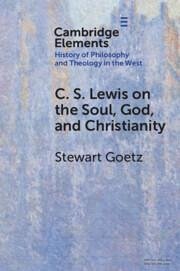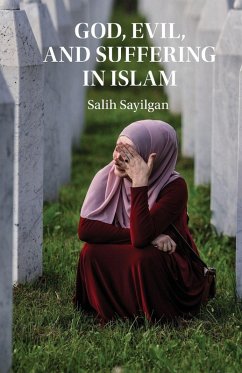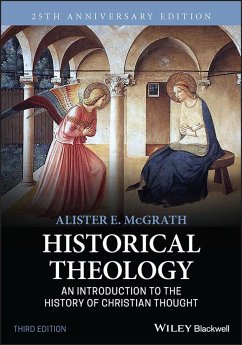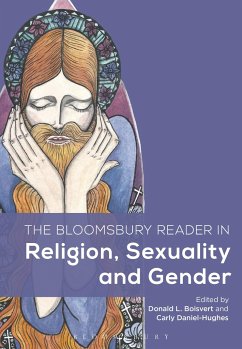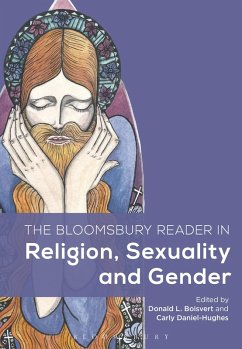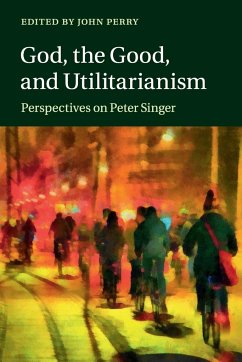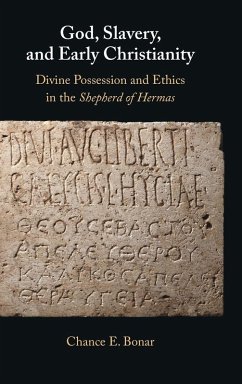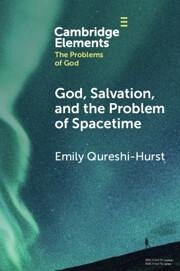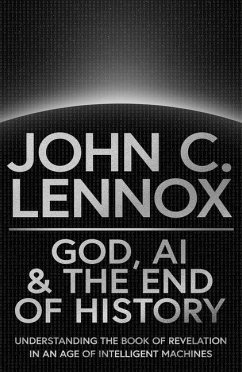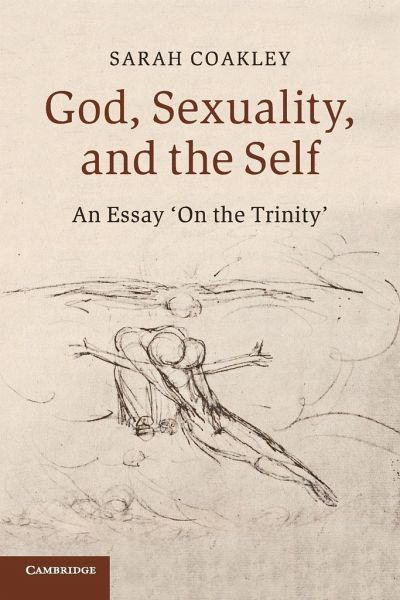
God, Sexuality, and the Self
Versandkostenfrei!
Versandfertig in 1-2 Wochen
34,99 €
inkl. MwSt.

PAYBACK Punkte
17 °P sammeln!
This new and creative venture in systematic theology unearths the profound relation of God, prayer and 'sexuality' and ends up mapping a new landscape of theological endeavour. Accessible, clear and challenging, it will be of great interest to all scholars and students of theology.





